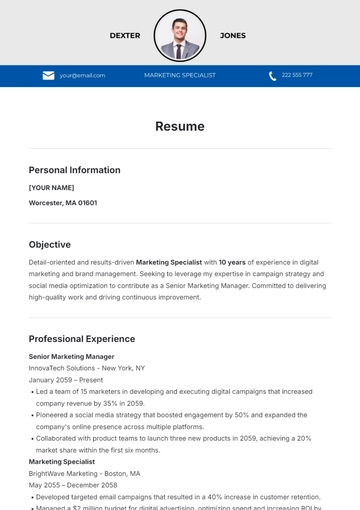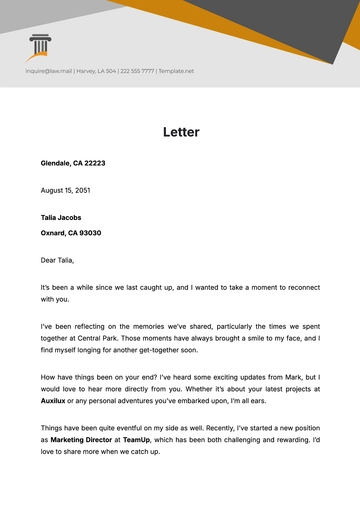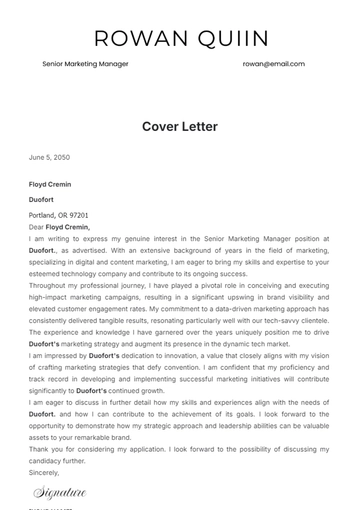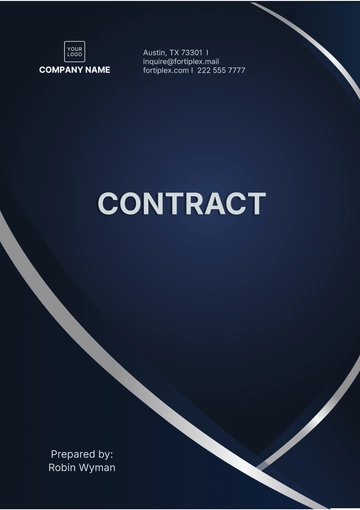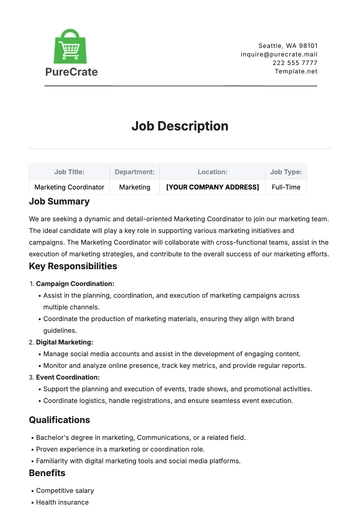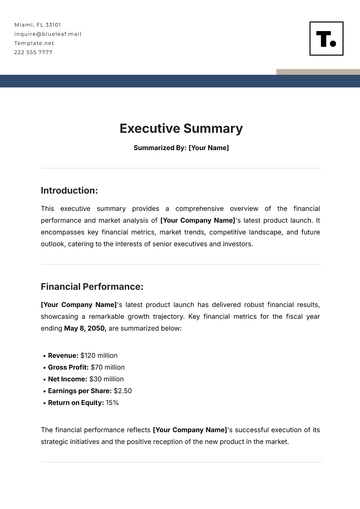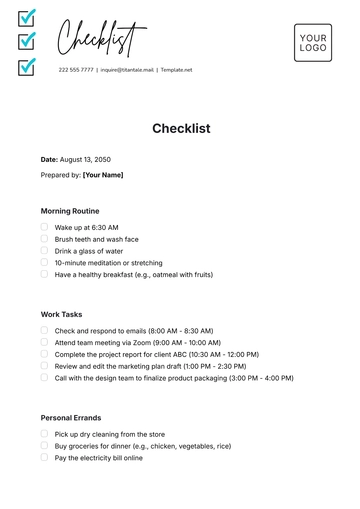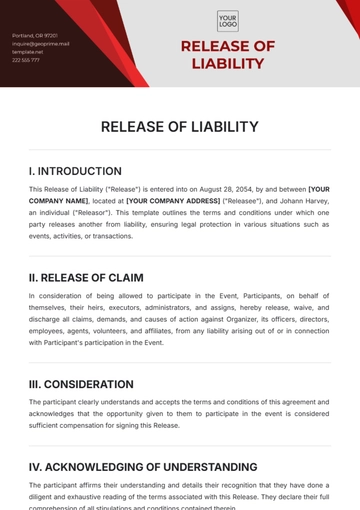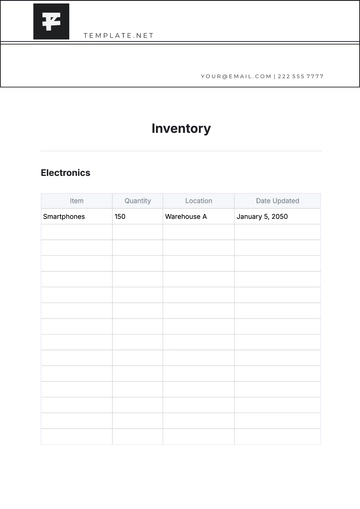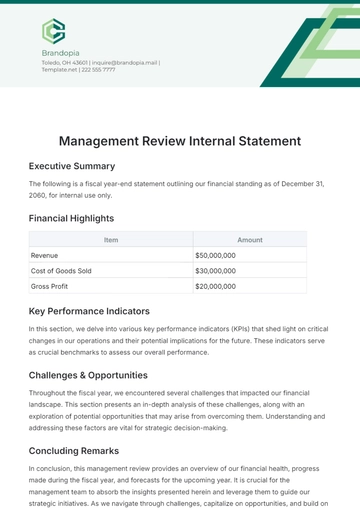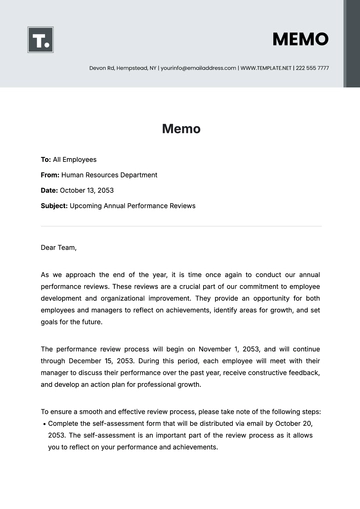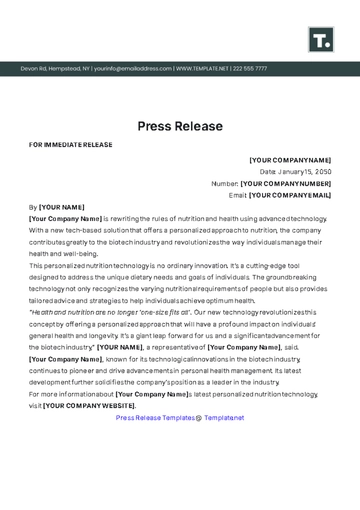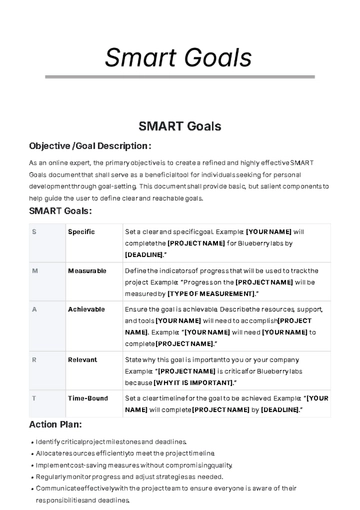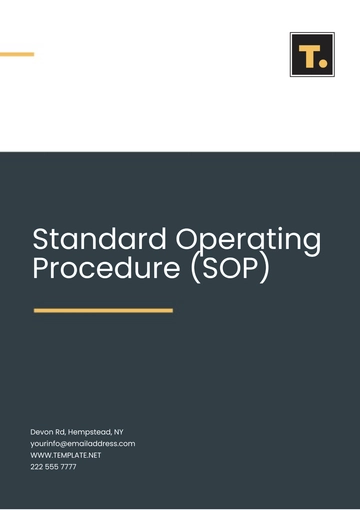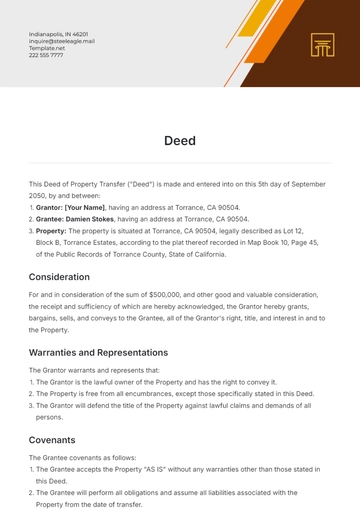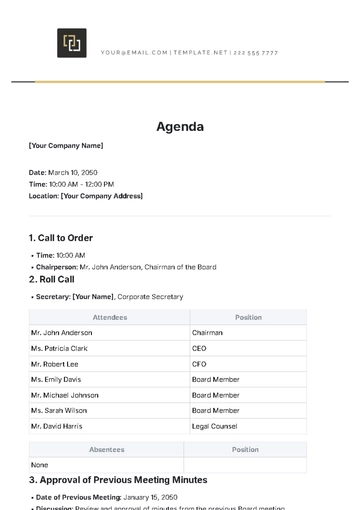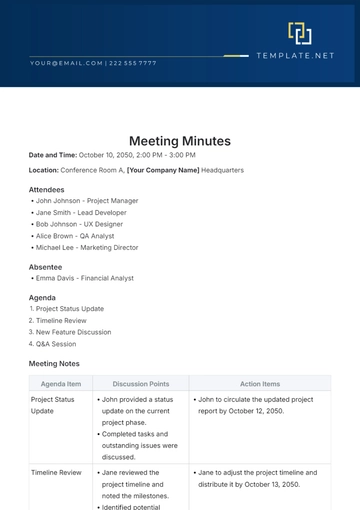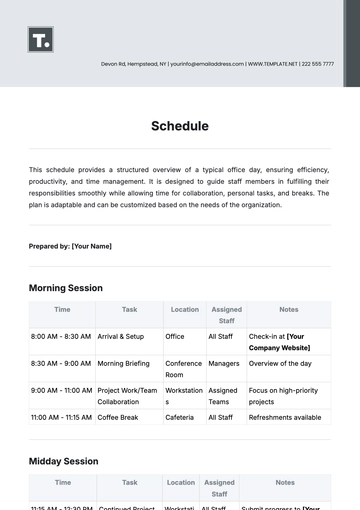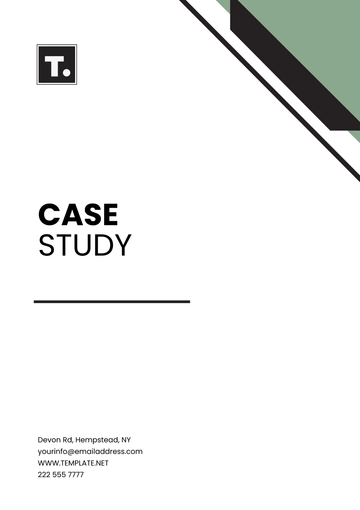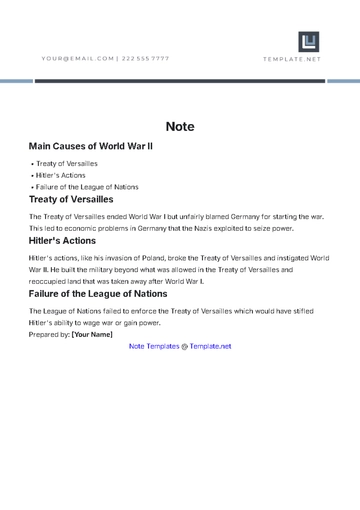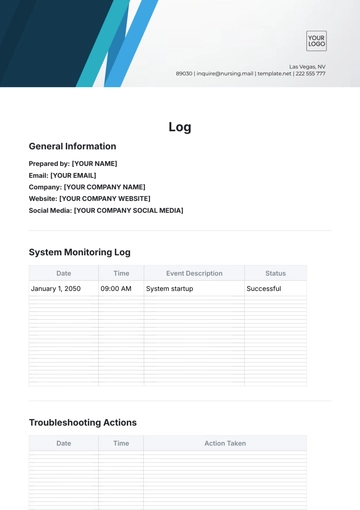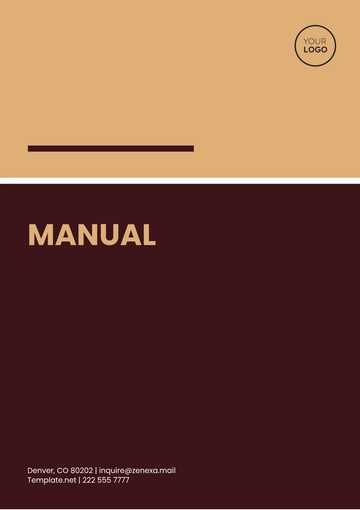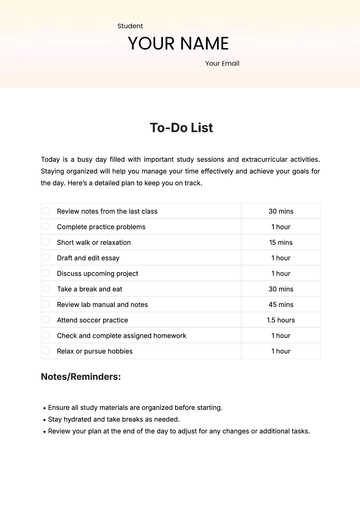Free Car Wash Technical Feasibility Study Design
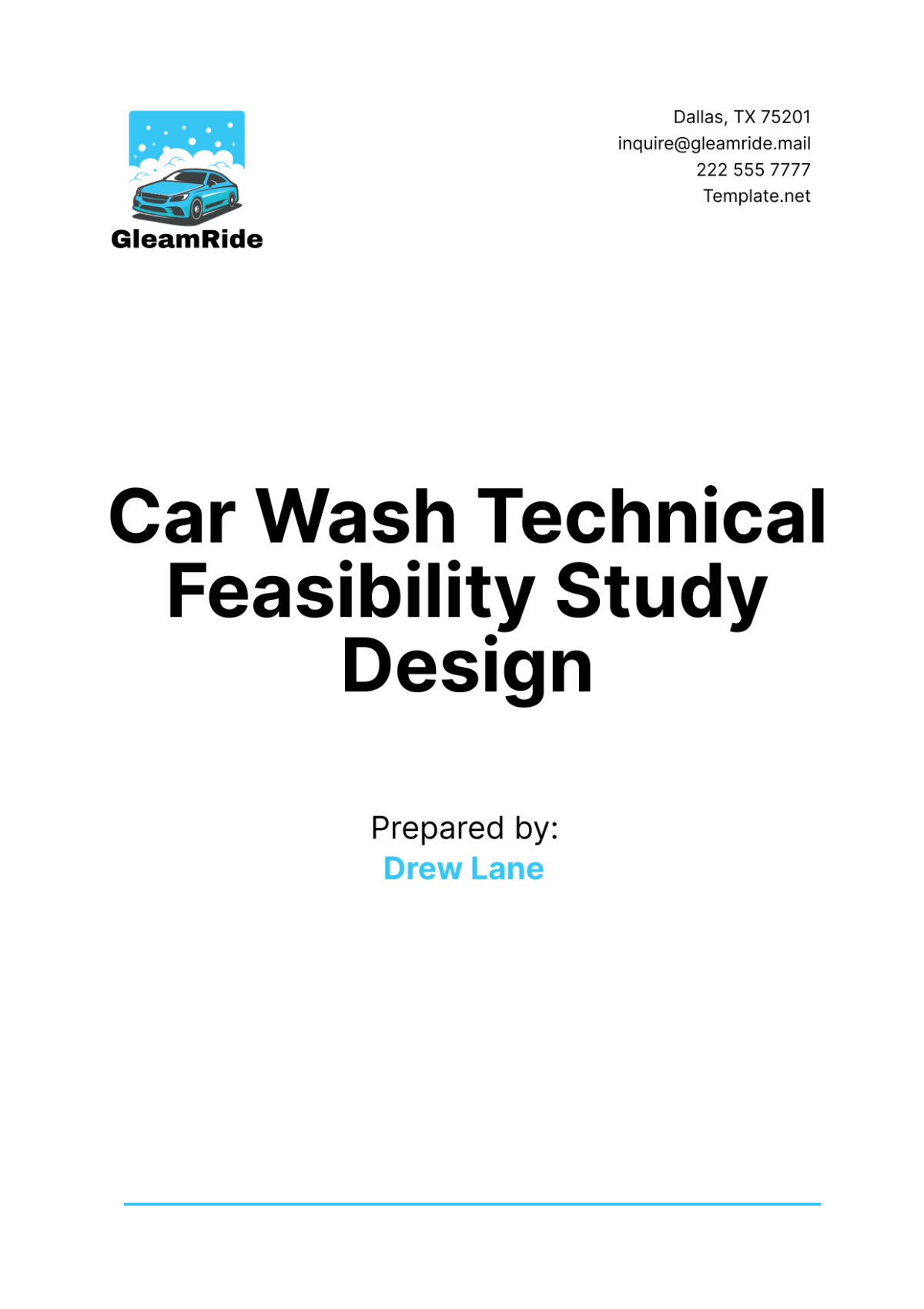
I. Introduction
A. Overview
The feasibility study conducted by [Your Company Name] aims to explore the technical feasibility of establishing an automated car wash facility in [Location]. This facility will cater to the growing demand for efficient and environmentally friendly car washing solutions. By providing a detailed analysis of technological requirements, infrastructure needs, operational considerations, and financial implications, this study will serve as a foundation for informed decision-making and project planning. The modern consumer demands convenience and sustainability, making automated car wash facilities a promising venture in urban and suburban areas alike.
B. Objectives
The primary objectives of this feasibility study include assessing the feasibility of implementing advanced car wash technologies that optimize water usage, enhance customer experience, ensure regulatory compliance, and maintain profitability. Additionally, the study aims to analyze the initial investment required, ongoing operational costs, potential revenue streams, and environmental impact. By achieving these objectives, [Your Company Name] seeks to determine the viability of the project and identify strategies for successful implementation in alignment with market demands and regulatory standards.
II. Methodology
A. Research Method
To ensure a robust and comprehensive analysis, this feasibility study will employ a rigorous research methodology combining primary and secondary research approaches. Primary research activities will include site visits to existing car wash facilities, direct consultations with industry experts including equipment manufacturers and environmental specialists, and interviews with potential suppliers and stakeholders. Secondary research will involve reviewing industry reports, market trends, case studies of successful car wash operations, and regulatory frameworks governing car wash facilities.
B. Data Collection
Data collection will be focused on gathering detailed information across critical areas that impact the feasibility of the car wash facility project:
Technological Landscape: Understanding the latest advancements in car wash equipment and automation systems, including their reliability, efficiency, and cost-effectiveness.
Financial Analysis: Collecting comprehensive data on the cost of equipment procurement, facility construction, installation of infrastructure, ongoing operational expenses, and potential revenue projections based on market analysis.
Environmental Impact: Assessing the ecological footprint of the proposed facility, including water usage, energy consumption, waste generation, and strategies for mitigating environmental impact through sustainable practices and compliance with regulatory standards.
Regulatory Requirements: Identifying and comprehending local, state, and federal regulations related to water usage, wastewater discharge, environmental protection, occupational health and safety, and other legal considerations crucial for obtaining permits and licenses necessary for operation.
III. Technical Requirements
A. Facility Design
The design of the car wash facility will be meticulously planned to accommodate various vehicle sizes and types, ranging from compact cars to large SUVs and trucks. It will include multiple washing bays equipped with state-of-the-art automated systems to ensure efficient throughput and minimize customer waiting times during peak hours. Special attention will be given to the layout and ergonomics of the facility to facilitate smooth vehicle ingress and egress, optimizing operational workflow and enhancing overall customer satisfaction.
B. Equipment Specifications
Key equipment specifications will be carefully selected based on their performance capabilities, durability, and compatibility with the operational needs of the facility. This includes:
Washing Systems: High-pressure water jets with adjustable pressure settings to accommodate different vehicle surfaces and levels of soiling effectively.
Cleaning Agents: Selection of environmentally friendly detergents and soaps that are biodegradable and comply with regulatory standards while ensuring effective cleaning performance.
Drying Systems: Implementation of advanced drying technologies such as high-speed blowers and hot air drying systems to achieve rapid and thorough drying of vehicles post-wash, enhancing operational efficiency and customer turnaround time.
C. Technology Integration
Integration of advanced technologies will be instrumental in optimizing operational efficiency, enhancing customer convenience, and ensuring sustainable business practices. This will include:
Customer Management Systems: Implementation of RFID or barcode scanning technology for seamless customer identification and payment processing, reducing transaction times and improving overall service delivery.
Remote Monitoring: Deployment of real-time monitoring and control systems to enable remote oversight of equipment performance, operational status, and proactive maintenance scheduling, thereby minimizing downtime and ensuring continuous operational uptime.
Automated Maintenance: Adoption of predictive maintenance algorithms and automated diagnostic tools to monitor equipment health, detect potential issues preemptively, and schedule maintenance tasks efficiently, thereby enhancing equipment reliability and prolonging operational lifespan.
IV. Environmental Impact
A. Water Usage and Conservation
Water conservation will be a primary focus to minimize the environmental footprint of the car wash facility. Strategies will include:
Water Recycling Systems: Implementation of advanced water recycling technologies to treat and reuse water for multiple wash cycles, significantly reducing overall water consumption and wastewater discharge.
Efficient Water Management: Utilization of water-efficient technologies such as low-flow nozzles, automatic shut-off valves, and sensor-based controls to optimize water usage based on vehicle size and cleaning requirements, thereby conserving resources and lowering operational costs.
B. Energy Efficiency
Energy-efficient practices will be integrated throughout the facility to reduce operational expenses and environmental impact. This includes:
Solar Energy Solutions: Exploration of solar energy systems to supplement power requirements for auxiliary operations such as lighting, heating, and mechanical systems, reducing reliance on grid electricity and lowering carbon emissions.
Energy-Efficient Equipment: Selection of energy-efficient motors, pumps, and heating elements that meet or exceed Energy Star ratings to minimize electricity consumption during peak and off-peak hours, enhancing operational sustainability and cost-effectiveness.
C. Waste Management
Comprehensive waste management protocols will be established to effectively manage and mitigate various waste streams generated during car wash operations. This includes:
Chemical Disposal: Safe disposal of cleaning chemicals and wastewater in accordance with environmental regulations to prevent contamination of soil, groundwater, and aquatic ecosystems, ensuring compliance with legal standards and protecting community health.
Recycling Initiatives: Implementation of recycling programs for materials such as plastics, cardboard, and metal generated from packaging, maintenance activities, and operational processes, promoting environmental stewardship and sustainability practices.
V. Regulatory Considerations
A. Permits and Approvals
Navigating the regulatory landscape is crucial for ensuring legal compliance and operational readiness for the establishment of an automated car wash facility. The following steps and considerations will guide [Your Company Name] through the process of obtaining necessary permits and approvals:
Comprehensive Permit Acquisition: The project will require obtaining permits and licenses from local, state, and federal authorities. These include:
Water Usage Permits: Approval from the local water authority to use water for car wash operations, ensuring compliance with water conservation regulations and restrictions.
Wastewater Discharge Permits: Authorization to discharge treated wastewater into municipal sewers or water bodies, accompanied by adherence to effluent quality standards and discharge limits set by environmental agencies.
Air Quality Permits: Compliance with air emissions standards for any combustion processes, such as heating systems, to mitigate air pollution impacts on surrounding communities.
Noise Pollution Permits: Meeting noise level limits during operational hours to minimize disturbance to nearby residential areas and businesses.
Zoning and Land Use Permits: Approval from local zoning boards for land use suitability and compliance with zoning ordinances, ensuring that the chosen site meets regulatory requirements for commercial development.
Environmental Impact Assessment: Conducting an environmental impact assessment (EIA) to evaluate potential environmental impacts associated with the car wash facility. This includes assessing impacts on air quality, water resources, noise levels, and soil quality. Mitigation measures identified during the EIA process will be integrated into the project design and operational practices to minimize environmental harm and ensure regulatory compliance.
Community Engagement and Consultation: Engaging with local communities, stakeholders, and regulatory agencies through public consultations and meetings to address concerns, gather feedback, and demonstrate commitment to environmental stewardship and community well-being. This proactive approach fosters positive relationships and builds trust among stakeholders, enhancing project acceptance and regulatory approval.
B. Environmental Compliance
Ensuring environmental compliance is paramount to operating a sustainable and responsible car wash facility. [Your Company Name] will adhere to the following regulatory requirements and environmental standards:
Water Management Practices: Implementing water conservation measures and efficient water management practices to minimize consumption and wastewater generation. This includes:
Water Recycling Systems: Installing advanced water recycling systems to treat and reuse water for multiple wash cycles, reducing freshwater intake and wastewater discharge.
Water Quality Monitoring: Regularly monitoring water quality parameters to ensure compliance with regulatory standards and detect any deviations that may require corrective actions.
Waste Management Protocols: Developing comprehensive waste management protocols to handle and dispose of various waste streams generated during car wash operations. This includes:
Chemical Handling and Disposal: Safely storing, handling, and disposing of cleaning chemicals and hazardous waste materials in accordance with regulatory guidelines to prevent environmental contamination.
Recycling Initiatives: Implementing recycling programs for materials such as plastics, cardboard, and metal to reduce landfill waste and promote resource conservation.
Energy Efficiency Measures: Incorporating energy-efficient technologies and practices to minimize energy consumption and greenhouse gas emissions. This includes:
Energy-Efficient Equipment: Selecting equipment with high energy efficiency ratings, such as LED lighting, variable frequency drives for motors, and energy-efficient HVAC systems, to reduce operational energy costs and environmental impact.
Renewable Energy Integration: Exploring opportunities to integrate renewable energy sources, such as solar panels or wind turbines, to offset electricity consumption and promote sustainable energy practices.
Compliance Reporting and Audits: Conducting regular compliance audits and submitting required reports to regulatory agencies to demonstrate adherence to environmental regulations and permit conditions. This proactive approach ensures transparency, accountability, and continuous improvement in environmental performance.
C. Occupational Health and Safety
Prioritizing occupational health and safety (OH&S) measures is essential to protect employees, customers, and the public from potential hazards associated with car wash operations. [Your Company Name] will implement the following OH&S practices:
Workplace Safety Policies: Establishing comprehensive safety policies and procedures to prevent workplace accidents and injuries. This includes providing training programs for employees on safe work practices, equipment operation, and emergency response protocols.
Personal Protective Equipment (PPE): Requiring employees to wear appropriate PPE, such as gloves, eye protection, and respiratory masks, when handling chemicals or operating machinery to minimize exposure to hazards and ensure their well-being.
Emergency Preparedness: Developing and implementing emergency preparedness plans, including fire evacuation procedures, spill containment measures, and first aid protocols, to respond promptly to emergencies and mitigate risks to personnel and property.
Health Monitoring: Conducting regular health monitoring and medical surveillance programs to monitor employee health, detect occupational illnesses early, and implement preventive measures to promote a safe and healthy work environment.
Regulatory Compliance: Adhering to occupational health and safety regulations, standards, and guidelines set by regulatory authorities to protect worker health and ensure legal compliance. This includes conducting OH&S inspections, audits, and assessments to identify and address potential hazards and regulatory non-compliance issues promptly.
VI. Financial Analysis
A. Initial Investment
A detailed financial analysis will be conducted to assess the initial capital investment required for establishing and launching the car wash facility project. This includes:
Land Acquisition or Lease Costs: Evaluation of potential sites for optimal location, accessibility, and customer traffic, negotiating favorable lease agreements or purchasing property to secure long-term operational stability and market presence.
Construction Costs: Budgeting for site preparation, infrastructure development, building construction, installation of car wash equipment and technology systems, landscaping, and signage to create a functional and visually appealing facility that enhances brand identity and customer experience.
Equipment Procurement: Cost estimation for acquiring state-of-the-art car wash equipment, automation systems, water recycling technologies, energy-efficient appliances, and customer management software to deliver high-quality services, improve operational efficiency, and meet consumer expectations.
B. Operational Costs
Ongoing operational expenses will be meticulously calculated to determine the financial sustainability of the car wash facility over the long term. This includes:
Utility Costs: Forecasting expenditures related to water supply, electricity consumption, natural gas usage for heating systems, and renewable energy investments to reduce operational expenses, lower environmental impact, and enhance energy efficiency.
Maintenance and Repairs: Allocating budgetary resources for routine maintenance, emergency repairs, replacement parts, and service contracts to ensure continuous equipment functionality, minimize downtime, and uphold service reliability.
Labor Expenses: Estimating staffing requirements, employee wages, benefits, training programs, and workforce management strategies to recruit, retain, and develop qualified personnel who deliver exceptional customer service, operational efficiency, and business growth.
C. Revenue Projections
Revenue forecasting will be based on comprehensive market analysis, consumer behavior trends, competitive dynamics, pricing strategies, and service offerings to maximize profitability and business performance. This includes:
Customer Base: Estimating the potential number of daily and monthly customers through demographic profiling, customer segmentation, market segmentation, geographic segmentation, and behavioral analysis to target core markets, increase market penetration, and generate sustainable revenue streams.
Service Pricing: Developing competitive pricing models, fee structures, service packages, promotional discounts, and special offers to attract, retain, and expand customer loyalty while balancing profitability, market positioning, and value creation.
Seasonal Variations: Analyzing seasonal fluctuations, peak demand periods, off-peak periods, promotional campaigns, seasonal promotions, seasonal offerings, and seasonal trends to optimize resource allocation, maximize capacity utilization, and capitalize on revenue opportunities throughout the year.
VII. Risk Assessment
A. Operational Risks
Identification, evaluation, and mitigation of operational risks will be essential to safeguard business continuity, enhance service reliability, and protect stakeholder interests. This includes:
Equipment Reliability: Assessing the performance, maintenance, repair, replacement, and emergency management of car wash equipment, automation systems, infrastructure, and technology systems to minimize downtime, increase productivity, and ensure operational efficiency.
Supply Chain Dependencies: Evaluating supplier relationships, vendor management, supplier selection, supply chain logistics, supply chain management, and supply chain integration to secure stable supply channels, reduce supply chain disruptions, and support operational resilience.
Competitive Pressures: Analyzing industry competitors, market competition, competitive dynamics, competitive strategy, competitive advantage, and competitive landscape to differentiate the car wash facility, attract customers, and sustain market leadership.
B. Environmental Risks
Identifying, managing, and mitigating environmental risks will be critical to uphold regulatory compliance, protect natural resources, preserve environmental sustainability, and enhance corporate responsibility. This includes:
Water Contamination: Implementing water conservation measures, water management practices, water recycling systems, water treatment systems, and wastewater management systems to minimize water consumption, reduce wastewater discharge, improve water quality, and support environmental stewardship.
Noise and Air Pollution: Mitigating noise pollution, noise control measures, noise mitigation strategies, noise reduction strategies, and air quality monitoring to reduce environmental impact, protect community health, and promote sustainability initiatives.
Legal and Compliance Issues: Addressing regulatory requirements, legal obligations, legal liabilities, legal risks, legal compliance, and legal standards to maintain regulatory approval, ensure operational integrity, and uphold industry standards.
VIII. Conclusion
A. Feasibility Summary
Based on the comprehensive analysis conducted in this feasibility study, [Your Company Name] concludes that establishing an automated car wash facility in [Location] is technically feasible. The integration of advanced technologies, environmental sustainability practices, regulatory compliance measures, financial analysis, and strategic recommendations support the viability of the project and its potential for long-term success in the marketplace.
B. Recommendations
To successfully proceed with the implementation of the car wash facility project, [Your Company Name] recommends the following actions:
Investment in Technology: Continued investment in technology upgrades, technology adoption, technology innovation, and technology integration to enhance operational efficiency, improve customer service, and maintain competitive advantage.
Environmental Stewardship: Commitment to sustainable business practices, environmental responsibility, environmental protection, and environmental management to minimize ecological impact, conserve natural resources, and promote corporate citizenship.
Regulatory Compliance: Adherence to regulatory standards, regulatory requirements, regulatory guidelines, regulatory policies, and regulatory frameworks to obtain necessary permits, licenses, and approvals, ensure legal compliance, and mitigate regulatory risks.
- 100% Customizable, free editor
- Access 1 Million+ Templates, photo’s & graphics
- Download or share as a template
- Click and replace photos, graphics, text, backgrounds
- Resize, crop, AI write & more
- Access advanced editor
Plan technical aspects with the Car Wash Technical Feasibility Study Design Template from Template.net. It's customizable and editable, tailored for engineering assessment. Utilize our Ai Editor Tool to outline equipment requirements and technical specifications, ensuring operational efficiency in your car wash business.
You may also like
Free
Free CV Template
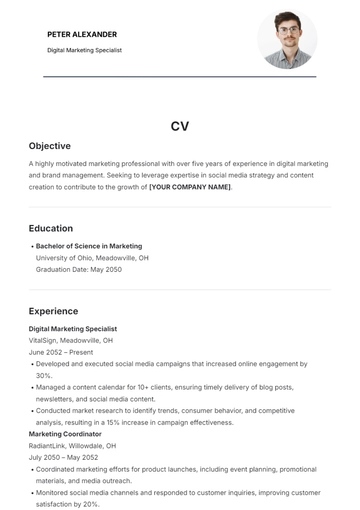
- Resume
- Cover Letter
- Report
- Budget
- Lesson Plan
- Itinerary
- Resignation Letter
- Letter
- Job Description
- To Do List
- CV
- Proposal
- Business Plan
- Checklist
- List
- Smart Goal
- Executive Summary
- Agenda
- Analysis
- Press Release
- Memo
- Note
- Action Plans
- Script
- Essay
- Brief
- Syllabus
- Tracker
- Contract
- Agreement
- Bill of Sale
- Case Study
- White Paper
- Statement
- Will
- Deed
- Notice
- Scope of Work
